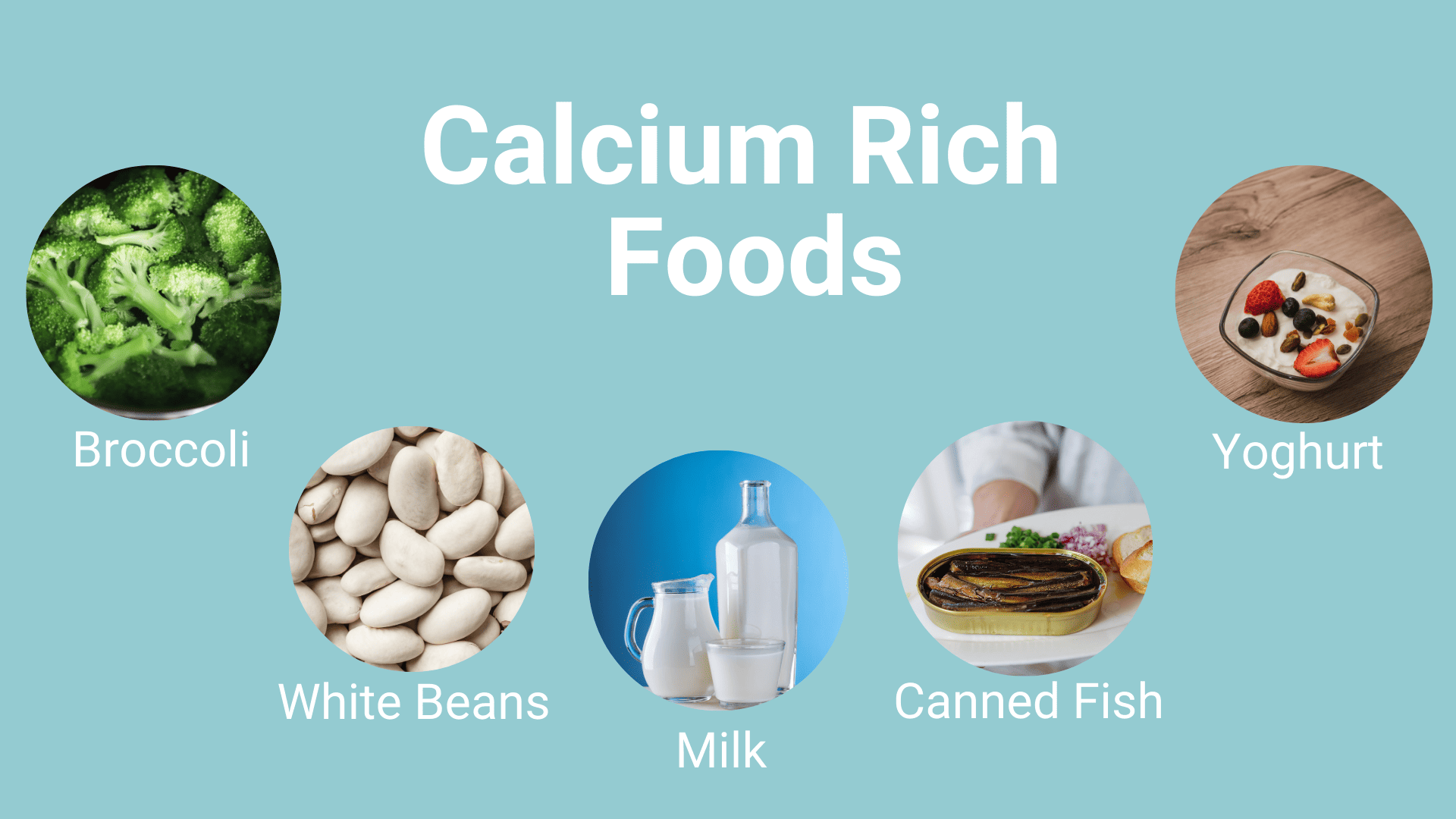Could Consuming Calcium-Rich Foods at Dinner Heighten the Risk of Heart Disease? Explore This Intriguing Question Here.
The notion that calcium-rich foods consumed during dinner might contribute to heart disease is a multifaceted subject that warrants a thorough examination of various factors related to dietary habits, cardiovascular health, and calcium metabolism.
A recent study featured in BMC Public Health sheds light on this issue, suggesting a potential link between calcium intake during evening meals and an increased risk of cardiovascular disease. This study, conducted among 36,000 adults in America, revealed that circadian rhythms play a role in regulating calcium absorption, with daylight hours being optimal for this process. Among the participants—comprising 17,456 males, 18,708 females, and 4,040 cardiovascular disease patients—there was a notable finding: substituting 5% of dietary calcium intake from dinner to breakfast was associated with a 6% reduction in the risk of CVD. Thus, the researchers concluded the importance of distributing dietary calcium intake across breakfast and dinner, advising a reduction in calcium intake during dinner.
While calcium is indeed vital for bone health, muscle function, nerve transmission, and blood clotting, the relationship between calcium intake and cardiovascular health remains a topic of debate with conflicting evidence.
The body’s ability to absorb calcium is influenced by factors such as age, gender, hormonal status, and overall diet. While calcium-rich foods like dairy products, leafy greens, and fortified foods offer valuable calcium, excessive calcium supplementation may overwhelm the body’s regulatory mechanisms, potentially leading to adverse cardiovascular outcomes.
Considering broader dietary patterns and lifestyle factors is crucial when assessing the impact of calcium-rich foods on heart health. A balanced diet comprising nutrient-rich foods like fruits, vegetables, whole grains, lean proteins, and healthy fats is fundamental for cardiovascular well-being. Additionally, lifestyle choices such as physical activity, smoking cessation, and moderate alcohol consumption also play pivotal roles in heart disease prevention.
Rather than fixating solely on calcium intake during dinner, adopting a holistic approach to nutrition—incorporating calcium-rich foods throughout the day and cultivating mindful eating practices—is advisable. This ensures a more balanced distribution of nutrient intake and promotes overall health and cardiovascular wellness.




